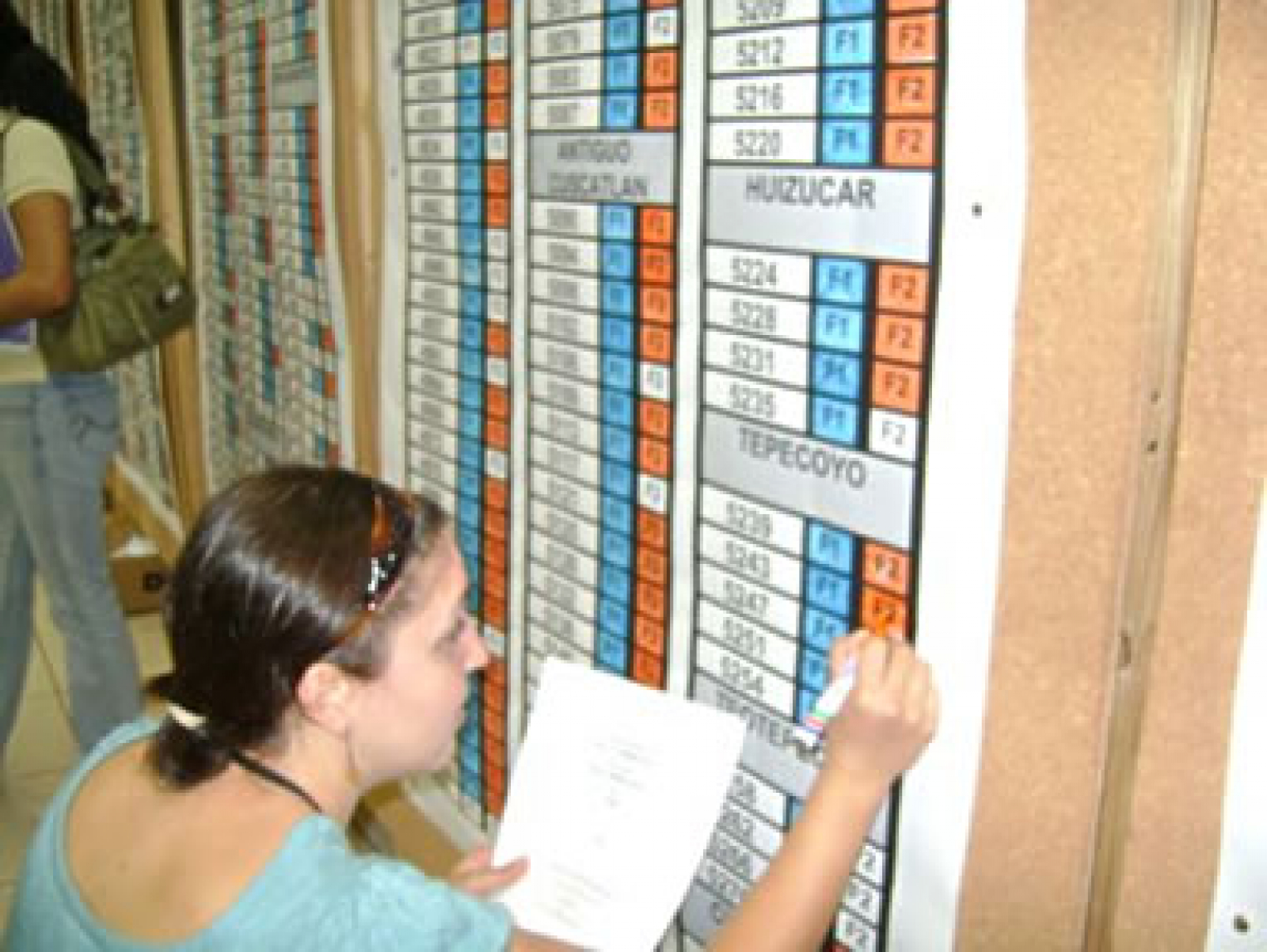
SHARE
The March 15 victory of Mauricio Funes, candidate of the former guerrilla movement Farabundo Martí National Liberation Front (Frente Farabundo Martí para la Liberación Nacional, FMLN), marked a new stage in the consolidation of Salvadoran democracy. The victory of President-elect Funes, by a clear margin with 51.3 percent of the vote, creates the first government since the 1992 peace agreement that ended El Salvador’s civil war that is not controlled by the Nationalist Republican Alliance party (Alianza Republicana Nacionalista, ARENA).
While not without problems, the 2009 election process was generally peaceful and favorably assessed by both international and domestic election observers. Despite widespread fears of violence erupting during this sharply polarized contest, there were fewer incidents of violence registered in March than during the January 2009 legislative and municipal elections. Defeated ARENA candidate Rodrigo Ávila moved quickly to concede defeat based on preliminary official results and both Funes and Ávila delivered conciliatory speeches, helping to lower partisan tensions.
To increase transparency and promote citizen confidence and participation in the 2009 Salvadoran electoral process, NDI provided support to an impartial Salvadoran election observer group, The University of Central America Institute of Public Opinion (IUDOP), to conduct a parallel vote tabulation, or “quick count.” Based on an memorandum of understanding with the Salvadoran Supreme Electoral Tribunal (Tribunal Supremo Electoral, TSE) and NDI, IUDOP fielded 2,500 domestic observers across a national random sample of polling stations (JRVs).
IUDOP observer data showed significant improvements since the January elections, particularly in the timely opening of voting centers and improved efficiency by poll officials. On election night, IUDOP publicly presented sealed envelopes to the five Supreme Electoral Tribunal (Tribunal Supremo Electoral, TSE) magistrates containing the results of its “quick count” based on final JRV voting data, and announced publicly that this data coincided closely with the official preliminary results announced by the TSE that evening. IUDOP’s recommendations for Salvadoran election authorities included regulation of the role of party pollwatchers, improvement of measures to confirm the legitimacy of the citizen ID document (documento único de identidad, DUI), an audit of the voter registry, and implementation of residential voting.
NDI’s March 20 Election Bulletin provides an overview of the March 15 presidential election, future governance challenges and a summary of projects being carried out by NDI’s Salvadoran partners.
Background:
-
YouTube video about IUDOP’s monitoring efforts (in Spanish/en Español) | Watch video »
Further reading:
Pictured above: Data recorded on an IUDOP tabulation board during observation of El Salvador’s March 15 presidential election.
–
Published on March 26, 2009


